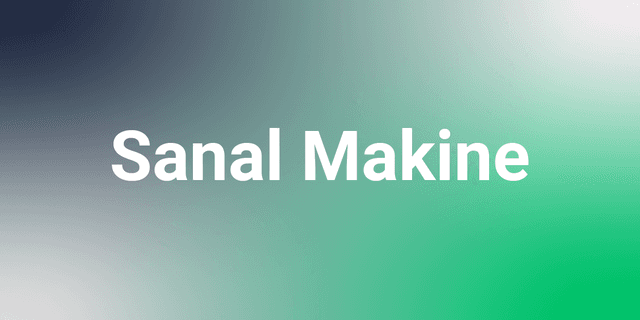
.Net Interview Questions
.NET interviews are one of the most important steps to assess a candidate's knowledge and skills in the software development process. These interviews require not only proficiency in technologies like the .NET Framework, .NET Core, and C#, but also a solid understanding of fundamental software engineering principles. In this article, we cover the most frequently asked .NET interview questions, .NET Core interview questions, and some challenging technical topics. Here are 10 critical questions you might face in a .NET developer interview, along with tips on how to answer them.
1. What is the .NET Framework?
The .NET Framework is a software development platform developed by Microsoft that allows the creation of applications running on different platforms. It supports a wide range of technologies, from programming languages to data access methods. In an interview, you can answer this question by highlighting its flexibility, extensive library support, and powerful runtime engine.
2. What is .NET Core and how is it different from the .NET Framework?
This question is popular for testing candidates’ knowledge of both platforms. .NET Core is an open-source, cross-platform development platform. While .NET Framework is limited to Windows-based systems, .NET Core can run on various operating systems. It also better supports modern software architectures like microservices, containerization, and cloud computing. Explaining these differences clearly demonstrates your understanding.
3. What are C# Delegates and Where Are They Used?
Delegates, a powerful feature in C#, are commonly asked about in .NET interviews. They are reference types that represent methods and are used to pass methods as parameters. Delegates are often used in event handling and callback mechanisms. Interviewers expect you to explain what delegates are, how they are defined, and when to use them.
4. What is Dependency Injection?
Dependency Injection (DI) is a design pattern frequently used in modern .NET Core applications. It helps reduce tight coupling between classes, making the code more testable and flexible. Candidates should explain the core principles of DI and how it’s implemented. Knowledge of DI frameworks like Ninject, Autofac, and Unity is also expected.
5. What is Asynchronous Programming (Async/Await)?
Asynchronous programming is widely used in performance-critical applications. In C#, async and await keywords help manage time-consuming tasks more efficiently. Candidates may be asked to explain how these structures work and when to use them.
6. What are RESTful Services and How Are They Created?
In .NET interviews, knowledge of RESTful services is often tested. REST (Representational State Transfer) is a web service architecture using the HTTP protocol to transfer data. RESTful services can be created using .NET Core’s Web API features. Candidates should explain the basic principles of REST and how to build an API.
7. What is Garbage Collection?
In the .NET platform, memory management is handled automatically by the Garbage Collector (GC). This question evaluates how well you understand resource management. You should describe how garbage collection works, when objects are cleaned up, and how to optimize performance.
8. What is Entity Framework (EF)?
Entity Framework is a popular ORM (Object Relational Mapping) library used in the .NET platform for data access. Candidates should explain how EF works, how it connects data models with the database, and its advantages. Knowing both Code First and Database First approaches is beneficial.
9. What Are the SOLID Principles?
The SOLID principles are essential guidelines for writing clean and maintainable code. These principles (Single Responsibility, Open-Closed, Liskov Substitution, Interface Segregation, and Dependency Inversion) promote flexibility in software design. Candidates should describe each principle and how to apply them in real projects.
10. What is Middleware in .NET Core?
Middleware are software components used in .NET Core applications to handle HTTP requests. They work sequentially within the request pipeline, enabling different tasks to be performed. Interviewers expect you to explain what middleware is, how to write one, and when to use it.
These questions are designed to measure a candidate’s technical knowledge and problem-solving abilities. As a software developer, demonstrating proficiency in .NET Core, C#, Dependency Injection, RESTful services, and other related topics is crucial for success. The questions above contain insights that can help you stand out in your next interview.
Want to prepare for .NET interview questions with hands-on experience and expert insights? With Techcareer.net’s carefully prepared .NET interview guides and live workshops, you can improve your skills! You can also join our Slack community to connect with thousands of .NET professionals and keep up with career opportunities.
Ready to test your technical skills and discover your strengths? With Techcareer.net’s industry-specific tests, you can assess your abilities, identify areas for improvement, and take the first step toward a successful career!
Our free courses are waiting for you.
You can discover the courses that suits you, prepared by expert instructor in their fields, and start the courses right away. Start exploring our courses without any time constraints or fees.



